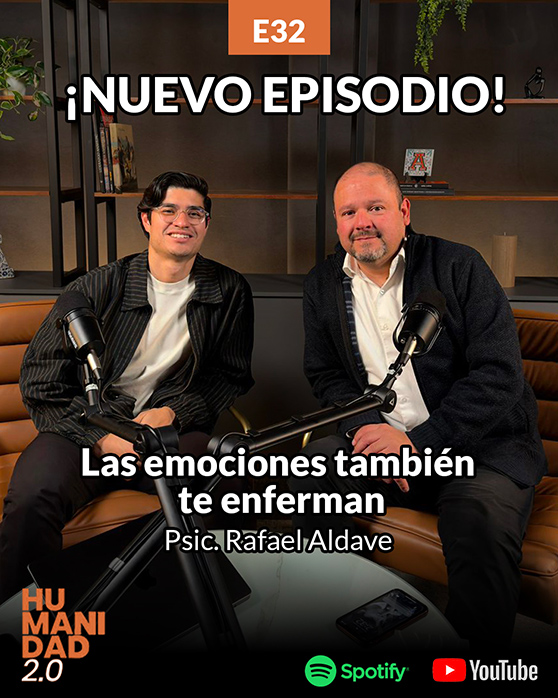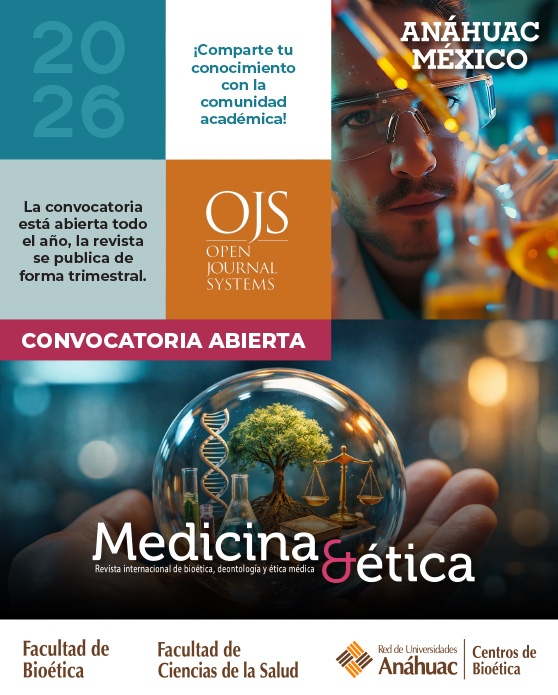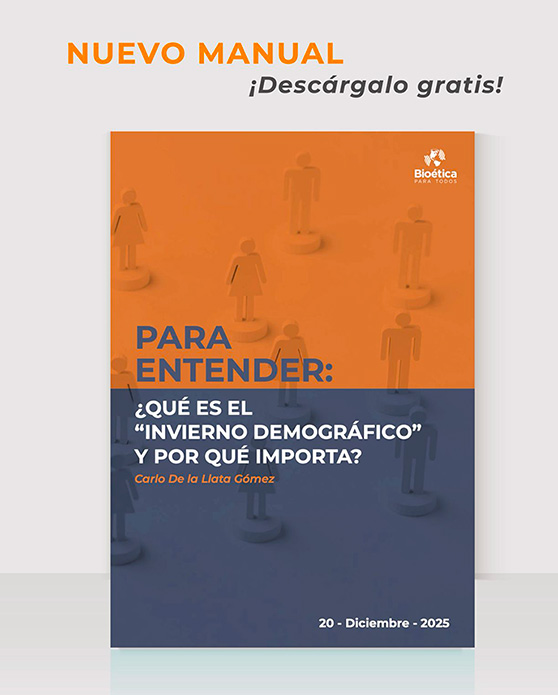
June 12, 2025
Author: Juan Manuel Palomares Cantero
Versión en español
Introduction
It seems like a scientific breakthrough, but it smells like business. It’s presented as an act of love yet often negotiated as if dealing in livestock. What if surrogacy were, in fact, a modern form of human trafficking? Amidst discourse on freedom, reproductive rights, and scientific progress, a practice has emerged that, in its commercial form, objectifies women, commodifies children, and normalizes exploitation under the guise of altruism. Far from being a neutral medical solution, surrogacy has opened a minefield of ethical, legal, and social dilemmas where the most vulnerable—impoverished women and voiceless children—pay the price for others’ desires. This article offers a critical perspective, grounded in bioethics and law, to unmask what some promote as reproductive freedom and expose it for what it truly is: a sophisticated form of reproductive exploitation that turns the body into a contract and human life into a tradable product. In this new market of wombs and newborns, progress does not emancipate—it enslaves with better manners.
The Mirage of Progress
Advances in assisted reproduction have been hailed as a testament to science's power to overcome biological limits and expand possibilities for parenthood. Among these, surrogacy is presented as an option for those unable to gestate, whether due to medical or personal reasons. This procedure comes in two forms: in traditional surrogacy, the surrogate also provides the egg, becoming both genetic and gestational mother; in gestational surrogacy, the egg is from another woman, and the surrogate carries the pregnancy with no genetic link to the baby. While this may appear altruistic or an expression of reproductive freedom, it often becomes a tool of commodification. Under a rights-based, autonomy-focused language, the systematic exploitation of vulnerable women and the transformation of children into products acquired via contracts and clauses is concealed. In such cases, progress does not liberate—it refines the market logic applied to human life.
When the Body is Leased: A Legal and Bioethical Perspective
The concept of a "surrogacy contract" contains an insurmountable contradiction: it seeks to regulate, through legal clauses, something that by nature should not be subject to transaction. From a legal and bioethical standpoint, it's unacceptable to treat a woman’s body as a disposable asset or the birth of a child as a deliverable service. Bioethics holds that every human being is an end in themselves, with inherent, non-negotiable dignity, and must not be reduced to a means for fulfilling desires—however legitimate—such as the wish to have a child. In practice, surrogacy contracts impose conditions on the surrogate’s body: diets, routines, medical surveillance, even clauses requiring abortion if a malformation is detected—equating to a pre-emptive surrender of fundamental rights. Especially in contexts of poverty and inequality, it is delusional to claim true consent. Can a woman freely choose if financial need drives her to rent her womb? Can she predict the physical and emotional bond she’ll develop during pregnancy and later break it without consequences? These questions reveal that surrogacy contracts do not empower—they reduce motherhood to a commercial service, objectifying both the woman and the child.
Mexico as a Market: The Cases of Tabasco and Sinaloa
Mexico has become a hotspot for reproductive tourism—not due to medical leadership, but due to legal permissiveness, lack of regulation, and the structural vulnerability of many women. The states of Tabasco and Sinaloa exemplify this: both have specific surrogacy laws, but instead of protecting those involved, they have enabled exploitation under a legal disguise. Tabasco, a pioneer in regulating this practice since 1997, has failed to prevent abuses or guarantee the rights of surrogates or children. The UN Committee on the Rights of the Child expressed concern that these contracts might be used as a means for child trafficking. In 2015, Mexico’s Attorney General filed a constitutional challenge against the reforms, arguing they violated fundamental rights. Additionally, notarial mechanisms have been used to legitimize private contracts that stipulate the delivery of the newborn as if it were a purchase. There is no reliable data on how many children have been born under such conditions, who holds custody, or whether their identity or nationality is preserved. This is not an anecdotal or isolated issue—it reflects a grave structural failure, where biotechnology is used without ethics, legality is corrupted into complicity, and Mexico is offered to the world as a low-cost womb-for-hire.
No Rights, No Equality: The Disguise of Reproductive Freedom
Many advocates argue surrogacy is a free decision between adults, a legitimate path for same-sex couples to have children, or that better regulation would prevent abuse. But these arguments, couched in the language of rights, mask a deeply unjust reality. How free can a decision be if it's made under poverty, lack of opportunity, or social pressure? Speaking of freedom amid necessity is, at best, naïve and, at worst, cynical. The desire to become a parent—however genuine—cannot override the right of another human being, whether the surrogate or the unborn child, not to be treated as a means, object, or commodity. As for regulation, we must ask: can we ethically regulate something that inherently involves using another person’s body and life? Surrogacy is not progress nor freedom—it’s a modern form of female exploitation, dressed in contemporary language and serving a market logic that puts a price on the inviolable. As many feminist groups rightly denounce, this practice does not free women—it uses them; it does not empower—it rents; it does not honor dignity—it bargains it.
21st Century Human Trafficking?
According to the internationally accepted definition of human trafficking—recruitment, transport, harboring or receipt of persons through coercion, for purposes of exploitation—many forms of surrogacy fit uncomfortably well. Women are often recruited in vulnerable contexts, offered financial “compensation” for carrying a child they will not raise, and required by contract to hand over the newborn. The product is a baby, whose existence is pre-negotiated and whose delivery is bound by contractual clauses, akin to a commercial transaction. All of this is softened by linguistic masking: “altruistic surrogacy” when the real motive is often financial; “reasonable compensation” when it is, in fact, payment for an irreducibly bodily service. Countries like Spain and Italy have acknowledged these ethical and legal implications and opted for a full ban, recognizing that the problem lies not in how it’s done, but in what it is—a sophisticated form of trafficking. In Mexico, a growing number of voices from civil society, critical feminism, and the legislative sphere argue that surrogacy should not be regulated but abolished, as it constitutes a modern form of human exploitation that cannot be tolerated in the name of science, the market, or desire.
The Invisible Ones: Children Without Identity, Disposable Women
Far from being an ethical advance, surrogacy is a refined form of exploitation that reduces a woman’s body to a contract and the child to a transactional object. It is not just a practice with legal and financial implications, but a structure that institutionalizes inequality and normalizes objectification using the language of rights and autonomy. In this system, the most invisible are the children—often stripped of identity, lineage, and nationality—and the surrogates—discarded after birth, emotionally impacted, and deprived of comprehensive postpartum care. As argued in previous works, they are even denied a fundamental connection: breastfeeding, recognized by international bodies as a fundamental child right. Denying this bond is silent violence that deprives the child of health, affection, and belonging. Human dignity is not for rent or negotiation, and the law cannot be complicit in legitimizing the use of people as a means to another’s end. Mexico must stop being the world’s discount womb. Firm legislation is urgently needed to ban commercial surrogacy, recognize it as a modern form of trafficking, and prioritize the real rights of the most vulnerable over the desires of adults. Where there’s a contract, there’s a business. And where a womb is rented, there is no freedom—only a market. Will we keep calling this progress?
Conclusions
Commercial surrogacy is not a rights-based advancement, but a modern form of exploitation that reduces motherhood to a contractual service and the newborn to an object of exchange. The issue is not better regulation, but acknowledging that some practices, by violating human dignity, must be prohibited. In this model, the most vulnerable—surrogate mothers and children—are exposed: women to instrumentalization and abandonment; children to the loss of identity, affection, and fundamental rights like access to breastfeeding. From a bioethical standpoint, life cannot be contracted or negotiated. Mexico must take a firm ethical stance: stop offering itself as the world’s low-cost womb and legislate clearly to end this disguised form of human trafficking. Because where life is contracted, justice is absent.
Juan Manuel Palomares Cantero is a lawyer with a master’s and PhD in Bioethics from Universidad Anáhuac México. He served as Director of Human Capital and General Coordinator of the Faculty of Bioethics. He currently works as a researcher in the Academic Directorate for Integral Education at the same university. He is a member of the Mexican National Academy of Bioethics and the Latin American and Caribbean Federation of Bioethics Institutions.
This article was assisted by the use of ChatGPT, an artificial intelligence tool developed by OpenAI. The opinions shared in this blog are the sole responsibility of their authors and do not necessarily reflect a unified stance from the seminars, nor an official position from CADEBI. We welcome and encourage all comments, responses, and constructive criticism.
More information:
Centro Anáhuac de Desarrollo Estratégico en Bioética (CADEBI)
Dr. Alejandro Sánchez Guerrero
alejandro.sanchezg@anahuac.mx






